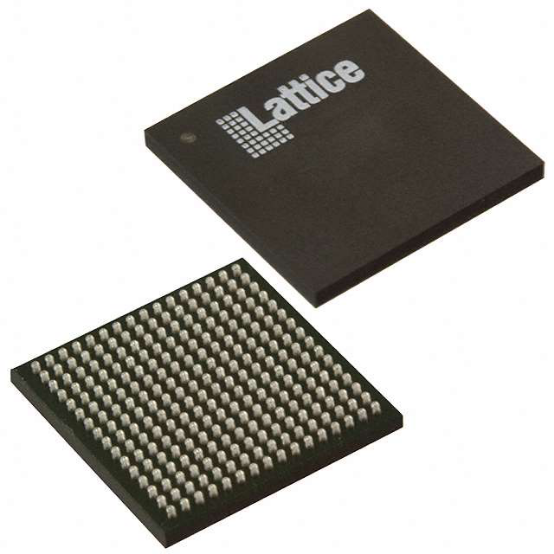In the field of artificial intelligence chips, ASICs and FPGAs are not rivals.
In the wave of artificial intelligence chips, in addition to the general-purpose chip CPU and GPU in the traditional sense, special chips such as FPGA and ASIC have become the choice of more and more manufacturers.
In general, such chips are less customizable, and customers cannot choose the chip that suits them according to their own characteristics. However, for the cloud computing, it does not require much customized content while processing the data. This also limits the cloud computing market from a market demand to a relatively fixed market.
Therefore, at this stage of development, the cloud computing market has gradually revealed a monopoly situation. CPUs, GPUs, etc. have divided the market share. It is extremely difficult for other manufacturers to make further advances.
However, different applications and different scenarios have different requirements for chips. How to launch chips in a targeted manner is also being considered by more and more manufacturers.
From the current situation, many people think that there are two solutions in the market, one is a custom solution based on ASIC chips; the other is an FPGA-based programmable solution. Or, for the end-market, FPGA and ASIC are either rivals.
However, the rival of FPGA is not ASIC, because artificial intelligence requires an open chip.
If the CPU and GPU belong to a closed chip, then the unique programmability of the FPGA makes the chip open, while the ASIC is open on the surface, but essentially, after the chip is finalized, It is impossible to change, it is "semi-open".
For the artificial market, the cloud needs to be relatively fixed, and the chip required on the end side needs an open chip according to different landing scenarios. ASIC's "semi-open" indicates that such chips can be developed for specific markets and applications, but because of the increasing cost of chips from design to tape to mass production, it is difficult to have a single market capacity to support ASICs. The chip goes for deeper development.
However, the bitcoin market is a special case. This market is not based on application scenarios. The total market is pure financial games, and there is not much use value. Therefore, it is not difficult to find that when the value of Bitcoin is high, it can support it to develop ASIC chips. When Bitcoin crashes, ASIC chips will be difficult.
This is still the case in the bitcoin market, especially for other smaller markets.
For the artificial intelligence market, the cloud computing needs a closed chip, and the end side needs an open chip. This is the main battlefield of chips such as FPGA. ASIC is only a specific market demand, let alone Be the opponent of FPGA.
But this does not mean that the FPGA can be perfectly applied to the end side, and the FPGA still has a lot of room for improvement.
FPGA :LCMXO3L-6900C-6BG256C


